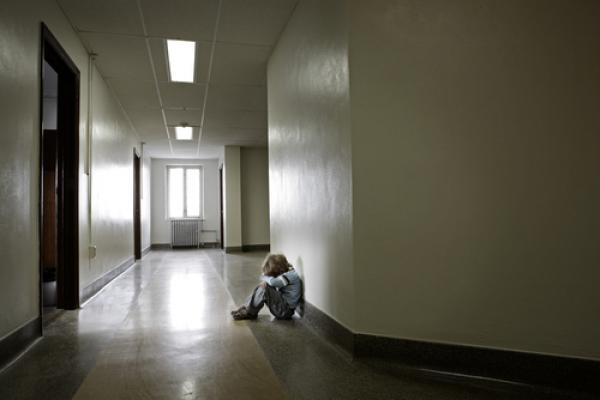Despite all the modern conveniences of the 21st century, our information-saturated culture, an exhaustive supply of self-help books, and giant advances in medical technology, doesn’t it seem like our society is more stressed, our anxiety higher, and more of our kids prescribed behavior modification drugs?
What if one of the reasons for our strung-out culture was the social, emotional, mental, and physiological outworking of the effects of poverty?
In the latest release of the Shriver Report, Dr. Nadine Burke Harris, founder of the California Pacific Medical Center’s Bayview Child Health Center, has found through medical research and experiences of her patients that the stress of poverty can be manifested in alarming behaviors and predispositions.
Read the Full Article

